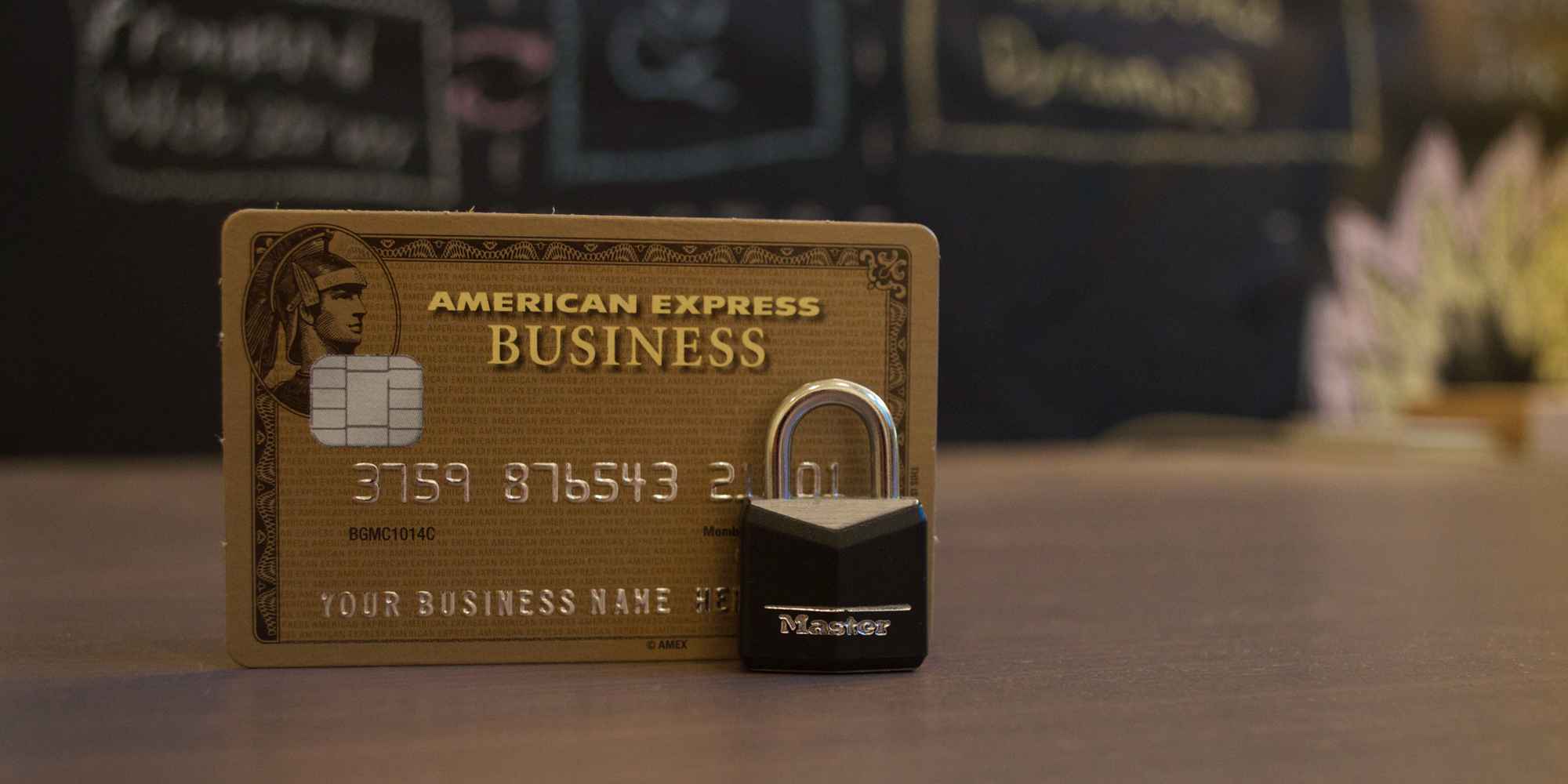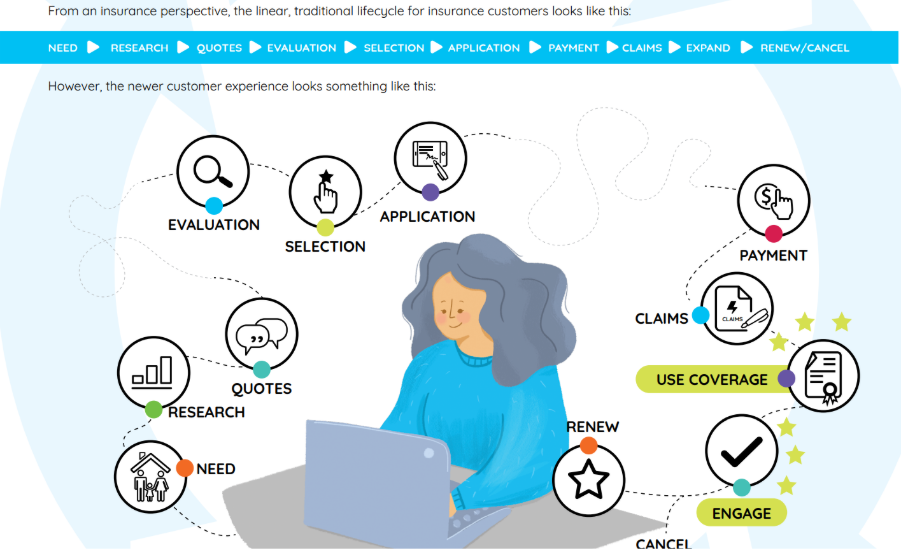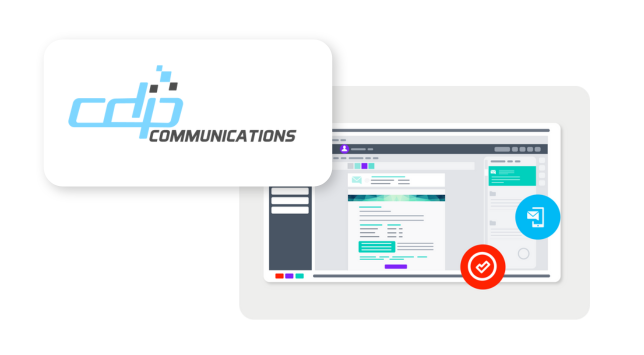
Cash flow is vital to your success, and nothing can hamper cash flow more than bad debt.
Customers who fail to pay their invoices, or who pay late, can wreak havoc on your financial stability. That’s why it is absolutely imperative to have a comprehensive credit check policy in place before extending credit to a customer.
What you'll learn in this blog:
- What is creditworthiness
- Considerations when evaluating creditworthiness
- How is credit worthiness determined
- How to improve creditworthiness
What is credit worthiness?
Creditworthiness is the evaluation of a borrower’s ability, and desire, to pay. It is one of the factors used when businesses and lending institutions are faced with a decision to extend credit.
Before going into the factors of creditworthiness and what to monitor to manage it, it’s first important to understand why this is such a critical part of your AR process if you extend credit to your customers.
According to Atradius Group’s recent survey, there was an increase in US B2B sales transacted on credit in 2019 - it jumped from 46% in 2018 to 55% in 2019. However, 24% of those who were extended credit, were late with their payments. This in turn makes the businesses who extended the credit late in paying their creditors.
This daisy chain illustrates how your credit, for your business and ability to expand and conduct more business, is directly tied to the creditworthiness of your customers. To ensure the health and growth potential of your business, you must stay on top of the health of your customers’ businesses, too.
What is considered when evaluating creditworthiness?
Creditworthiness is determined by several factors. Depending on your resources, you may be able to gain more data on some of these points than others, but be aware of the overall potential credit profile - even if you do not look into all of these for your customers, some lenders might be exploring these areas of your business before lending you funds.
Featured Resource: The Ultimate AR Benchmarks Report

Creditworthy considerations are:
Business story
What is your customer’s eligibility and qualification to obtain funds based on the health of his own business? The business history, strategic decisions, prior financial accomplishments, and growth trajectory can positively contribute to the credit profile.

Capital
What type of capital is currently available and what is the current exposure to loss? Does the customer have funds and resources available already to support the current business cycle and potential growth - or a potential hit?

Collateral
Does your customer have a backup repayment source? Can the credit you extend be secured? A look at your customer’s assets may help determine if they are worth the credit risk.

Credit Score
This one is a no-brainer regardless of the size and scope of the credit you might be extending. Investing in a third party agency to provide a credit report should be one of the first steps in your credit process. These firms can share data about your customers’ previous loans and revolving credit, terms, as well as verify whether the company has any civil judgments against them, unpaid tax liabilities, or sought protection against bankruptcy. It will also flag any past due amounts, defaults and collection items.

Aging Reports
Aging reports can be purchased from third party companies. If you want to get granular about your customer’s credit history, this is an available data source.

References
Check references, including bank references. For a fee you can find out the length of time a company has been with a bank and what the revolving line of credit is. Another option is to look for client testimonials on the customer's website and call the accounting department of the client to see if they'll provide a reference.

How creditworthiness is determined
There are six essential steps to determining a customer’s creditworthiness, all of which will help reduce the amount of risk involved in offering terms.
- Collect necessary data to extend credit – Before you offer a customer credit, you need to have some essential information gathered. This is typically collected in the form of a credit application, which includes general business information, bank references, credit history, and more.
- Check credit reports – Another invaluable tool when it comes to determining creditworthiness is credit reports. These reports contact information on the company and its finances and help establish a credit score. Through payment history and public records, it measures a company’s ability to pay its debts. Companies like Dun & Bradstreet and Equifax are examples of organizations that can provide trusted reports.
- Review financial reports – A company’s financial report helps you understand its cash position. It will include the organization’s cash flow statement, income statement, and balance sheet. While reviewing customer information, it’s vital to study their public financial records.
- Study Debt-to-Income Ration – DTI is a metric that measures how much of an organization’s monthly income is devoted to repaying debts. It helps understand the level of risk associated with extending credit to a customer. The ratio is found by dividing the company’s monthly debt payments by its monthly gross income.
- Conduct a credit investigation – Using various sources, your investigation should include customer background and history, credit policies, accounts receivable aging report, economic and political climate analysis, and future business probability. All of this will help determine the level of risk involved in extending credit.
- Perform credit analysis – The final step of the process, here is where you will put it all together, evaluating trade references, studying financial statements, and applying credit analysis to understand the probability of default. Metrics such as profitability ratio, leverage ratio, and liquidity ratio will all help your assessment.
Improving Creditworthiness
Given that your own credit is tied to that of your customers, there may be situations where you need to look at your own credit profile and take steps to improve it. There are several ways you can address this. Some of these are obvious - and apply to both consumer and commercial situations, but still merit review:
- Pay your bills on time. Make sure you get current on any late payments or set up payment plans to pay off past due debt. For any revolving credit, pay more than the minimum monthly payment to pay down debt faster and reduce the assessment of late fees.
- Keep credit card balances at 20% or less of the credit limit; 10% is ideal. Verify your debt-to-income (DTI) ratio. An acceptable DTI is 35% but 28% is ideal. DTI can be calculated by dividing your total monthly debt by your total gross monthly income. Lenders use DTI when assessing an individual’s creditworthiness
- Examine your business’ credit practices and see where you may need to do more due diligence up front, or adjust credit terms for consistently late customers. Ensuring the health of your business and your business processes is the most significant protection you can provide.
There is no getting around the interconnectedness of your financial health and that of your customers when you extend credit. While extending credit can be a valuable tool for managing cash flow and maintaining positive customer relations, it is a process that requires careful consideration and diligence to keep all parties in good standing.








